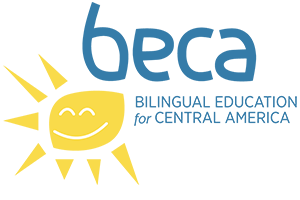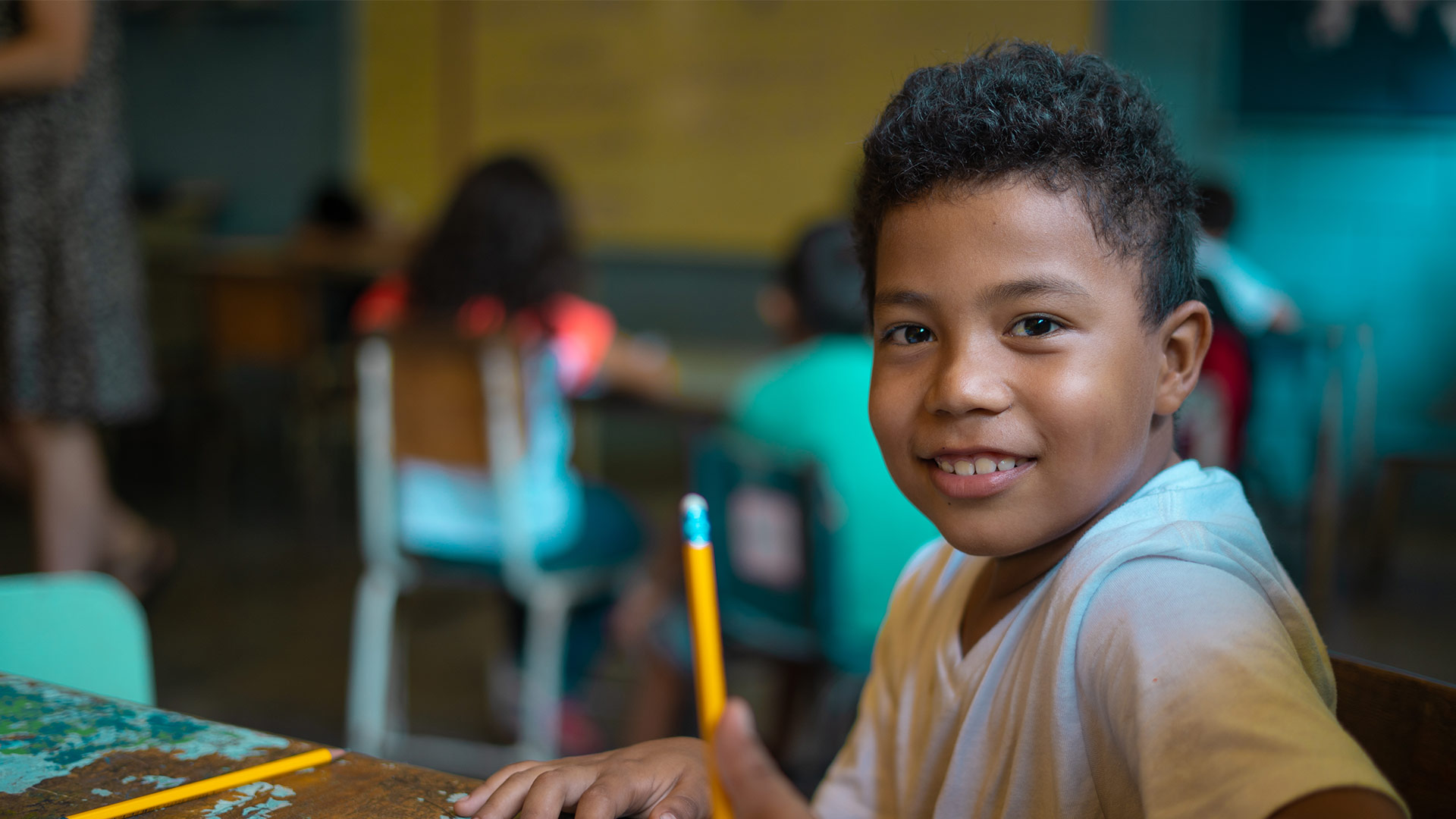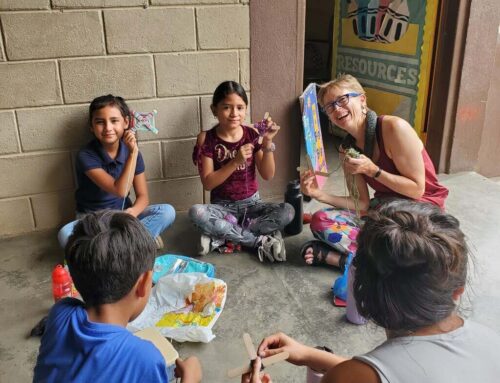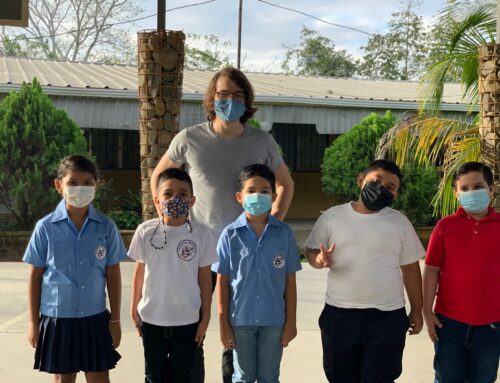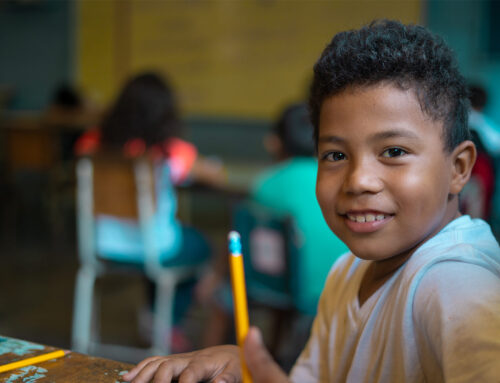This isn’t SJBS first grade teacher, Emily Nicaise’s, first Honduran rodeo. Starting the summer after graduating high school and continuing in university, she began volunteering in Honduras with organizations like Students Helping Honduras. Still, she says, her experiences visiting for short-term trips and living in Cofradia for an entire year are really different. Seven months into teaching her 25 squirrely, lovable kids, here are her thoughts on life in Honduras, teaching first grade, and day-to-day life in Cofradia.
How did you find out about BECA?
The third-grade teacher at Santa Monica is one of my best friends from Maryland!
Any preconceived notions about Honduras before you came down? How did that compare with what you found when you arrived here?
I had been to Honduras multiple times before I came down here to live. I would say I definitely knew what it was like to visit, but not to live here. Before I came down here, I didn’t know how the town perceived our organization, but all the parents and people in town that I have encountered are extremely supportive and friendly. The parents invite the teachers over for birthday parties, dinners, and family events. You get to see your students a lot outside school, which is really fun, and something different from the United States.
What’s the funniest thing a student has ever said?
We were discussing how to be responsible people one day during morning meeting. A student stood up in class and promptly told us in Spanish that she was once in charge of feeding her cat, but she fed it broccoli and then it choked and died. She then gave us a mini-lesson on how to responsibly take care of pet cats, as she had learned from this one incident.
Favorite place you’ve been in Honduras?
My favorite place I’ve been in Honduras is probably Copan! I loved the small town of Copan Ruinas, the mountains surrounding it, and the food!
Where can you be found on a Saturday morning?
Asleep most likely!
What is your favorite part of the day or subject to teach?
I really like to teach math because watching a first-grader have an “Aha!” moment or some sort of epiphany about what we’re working on is really great! I like to teach science as well just because they get so excited about it. They currently are having a lot of fun learning about earthquakes and other natural disasters.
What’s the most challenging aspect of living in Honduras?
Working with limited resources is challenging. I worked in a school in the United States last year and the comparison between the resources there and here is startling. The daily surprises can be pretty hard sometimes as well. There are random power outages and the water goes out sometimes, but we always figure it out!
Do you have any hopes or plans for the future?
I hope my students can use their education as an opportunity to follow their dreams. Right now they all want to be police officers and doctors and teachers. I always tell them they can be whatever they want when they grow up, and I hope they can use their education to fulfill those dreams. They all LOVE to read, which is something I encourage constantly so that they love to read when they’re older too.
As for myself, I am not sure about the future. I’m taking it one day at a time.
